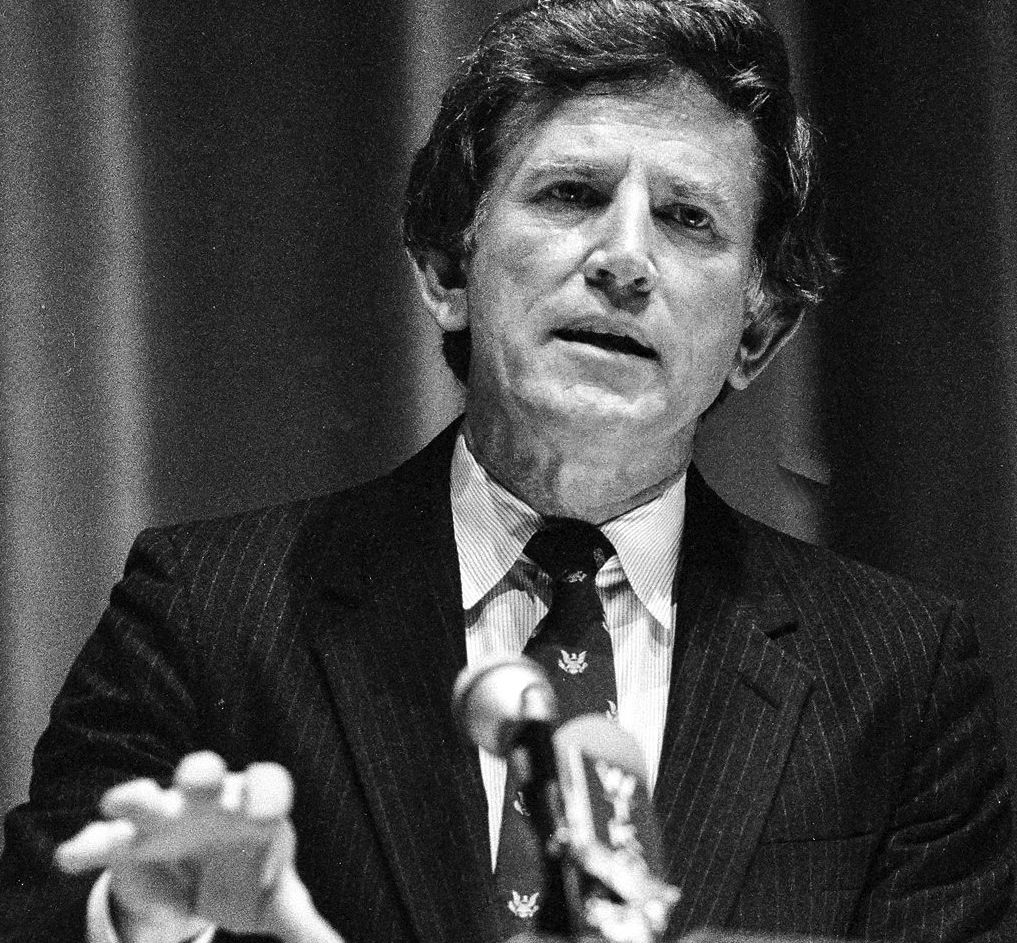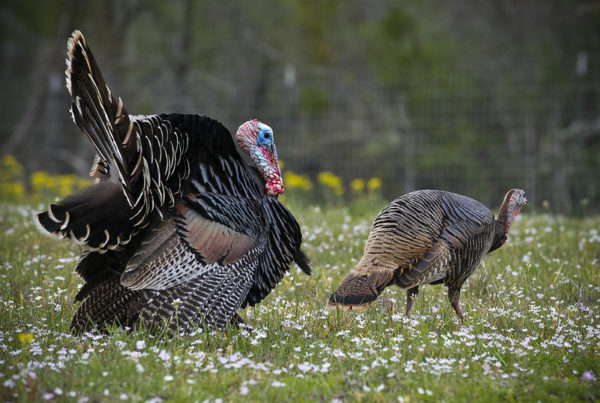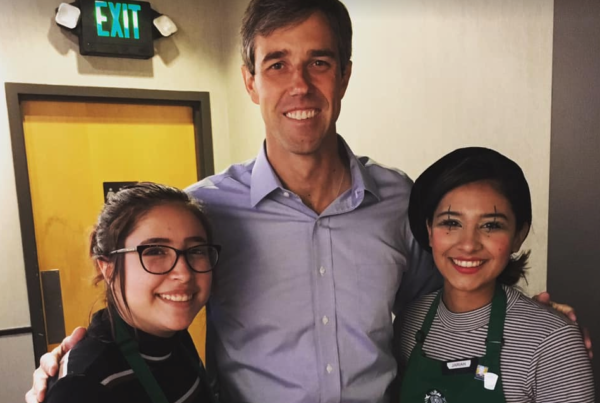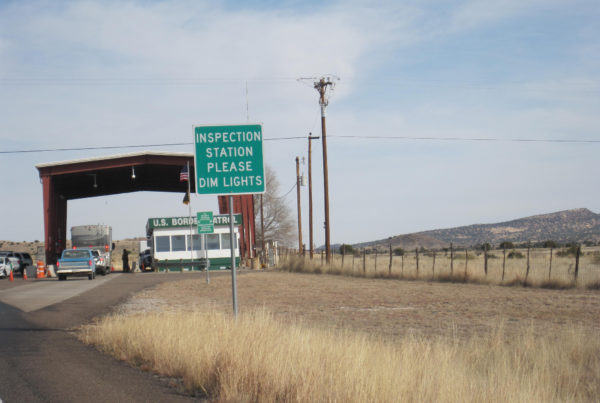Jason Reitman is co-writer and director of the film “The Front Runner.” He says the story idea came to him after hearing an episode of the public radio show, Radiolab about former politician Gary Hart.
“I could not believe that there was this moment in our recent history when the presumed next president of the United States wound up in an alleyway in the middle of the night with these journalists, and no one knew what to do because no one had ever been in their shoes before,” Retiman says.
Reitman says rather than becoming president, Hart disappeared from politics altogether about a week after that night. So what exactly happened?
Gary Hart was a charismatic, two-time senator from Colorado whose Kansas roots gave him an all-American charm, even while he cavorted with people in Hollywood. He ran for president against George H.W. Bush, and Reitman says he was 10 points ahead of him going into the race. But then the Miami Herald got a tip about Hart’s philandering. In the spring of 1987, Herald journalists staked out Hart’s D.C. townhouse, trying to catch Hart in the act with his then-alleged mistress Donna Rice. And that was the night of the confrontation in the alley between Hart and the journalists. Reitman’s film shows the journalists pressing Hart about the affair and him vehemently denying it.
Reitman says there are many ways to view the Hart scandal, which made the story an ideal subject to explore in a feature film. He says he and his co-writers decided to make the movie from numerous perspectives, including that of the journalists; Hart’s campaign staffers; Donna Rice, with whom Hart had an affair; and Hart’s family.
“It’s really a movie told from 20 different perspectives, and that’s how we filmed it,” Reitman says. “The screen is electric and lively and you as an audience member are being asked the question, ‘What story do you want to follow?’ … which hopefully echoes the philosophical question of the movie, which is, ‘What is important?'”
Reitman says the Hart scandal also gave him and his co-writers the opportunity to explore tangential issues like gender politics, the definition of public versus private, the evolving relationship between political candidates and journalists and the line between journalism and gossip – things that came up at the time and are still relevant today.
Written by Caroline Covington.
















